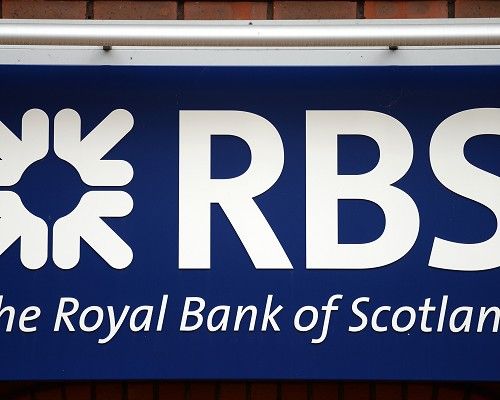

Britain's competition watchdog said it would not rule out ordering a break-up of the "big four" banks as it set out plans for a full-scale inquiry which could result in a radical shake-up of the sector.
The Competition and Markets Authority (CMA) found measures so far to open up the market, dominated by Barclays, HSBC, Lloyds Banking Group and Royal Bank of Scotland, had not been effective enough.
It said key parts of UK banking lacked effective competition and failed to meet the needs of personal consumers or small and medium-sized enterprises (SMEs).
The CMA announced a consultation over its provisional decision to launch a full-scale 18-month inquiry which could result in a series of reforms. These range from enhancing information provided to customers to banning complex fees, capping overdraft charges and forcing banks to allow smaller rivals to use their branch networks or payment systems.
The CMA said going further and imposing so-called structural remedies such as forcing the break-up of banks could be expensive. It cited the £1.4 billion cost to taxpayer-backed Lloyds Banking Group for hiving off hundreds of branches under the TSB brand under European rules on state aid. But it said the problems facing the sector were so serious and long-standing it "cannot rule out the possibility that structural remedies may be necessary".
CMA chief executive Alex Chisholm said: "Competitive personal and SME banking markets are essential to households and businesses throughout the country, and to the success of the UK economy. However, our studies have found that, despite some positive developments, significant competition concerns remain which mean that customers may not be getting consistently good service and value from their banks."
Business Secretary Vince Cable welcomed the announcement, saying: "This is an issue that really matters for the real economy - constraints on banking competition mean less choice for both consumers and small businesses seeking finance to grow."
It follows two studies in collaboration with City watchdog the Financial Conduct Authority (FCA) into the £8 billion personal current account market and the £2 billion SME current account and lending sector.
The CMA said concerns remained about competition not effectively serving customers despite measures to make authorising new banks simpler and faster, to make account-switching easier and to improve transparency.
The largest four banks account for 77% of personal current accounts, 85% of business current accounts and 90% of business loans in the UK. Annual switching among personal customers was low, with only 3% switching each year, with the level at 4% for banks' business customers.
Satisfaction levels with the "big four" banks for personal current accounts were less than 60% yet their market shares remained stable, it added. Very limited gains had been made by those with the highest levels of customer satisfaction and this was "not what would normally be expected in well-functioning, competitive markets".
The CMA found it was still too hard for newer and smaller banks to enter the market or expand, with much business remaining concentrated in the hands of a few.
The watchdog also said it was difficult for customers to make comparisons between lenders, particularly on complex overdraft charges, limiting banks' incentives to compete, and possibly resulting in higher overdraft charges.
Comments
Comments on this story express the views of the commentator only, not Bailiwick Publishing. We are unable to guarantee the accuracy of any of those comments.